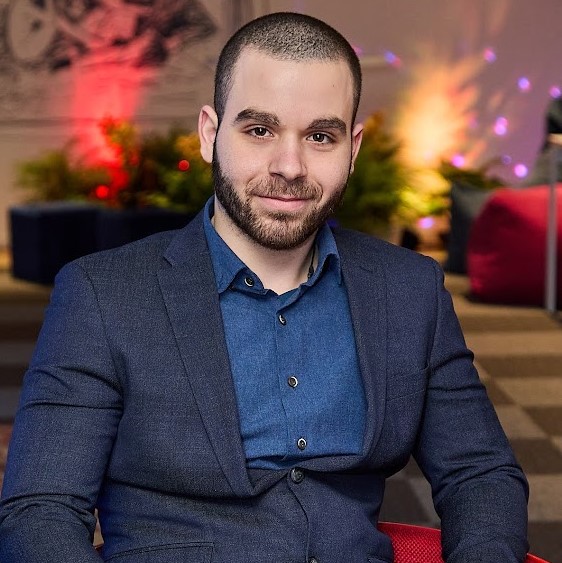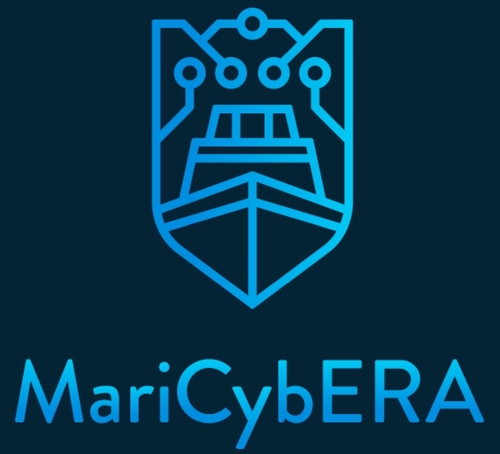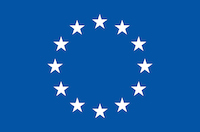
Muhammed Erbas is an early-stage researcher who brings a rare combination of maritime expertise and cybersecurity prowess, holding a Master’s in Cybersecurity from TalTech and the University of Tartu. Plus, his experience as a third officer and a Bachelor’s in Maritime Transportation and Management Engineering adds a real-world edge to his research.
Muhammed’s research focuses on cybersecurity challenges for autonomous ships, specifically the vulnerabilities introduced by artificial intelligence (AI) and machine learning(ML). His passion for maritime technology, combined with his growing interest in cybersecurity, led him to this field, where he aims to make maritime operations more resilient and secure.
How do you see your role in the Horizon 2020 ERA Chair project?
My role involves contributing to the development of robust cybersecurity frameworks for the maritime sector, with a particular focus on autonomous systems. During my PhD I will support our research group by publishing work on AI and ML in maritime cybersecurity. I aim to bridge the gap between autonomous ship operations and advanced cybersecurity research.
Why is Estonia/TalTech the best place for the ERA Chair project in maritime security?
Estonia and TalTech are at the forefront of digital innovation, making them ideal for pioneering projects like MariCybERA. The combination of strong technological infrastructure, rich maritime capabilities and a collaborative research environment offers a unique opportunity to work on the complex challenges of maritime and cybersecurity.
What are the main challenges in the project?
The main challenge is the constant renewal and evolution of cyber threats, especially as maritime technologies become more autonomous and interconnected. In fact, this is what makes our work most enjoyable. Working on AI and MI in a time of constant self-improvement makes us more secure for the future. At the same time, we are taking steps to make the country a pioneer in this field with the work we will do in Estonia for the future of autonomous ships and for more real time practical applications.
How do you see the future of the Center?
I see the Center becoming a top in maritime cybersecurity research and innovation, providing practical solutions to ensure safer and more secure maritime operations worldwide. It has the potential to foster greater collaboration between academia, industry and government sectors. We will support these efforts with startup ideas that we will establish.
What would be the main lessons you would take away from the project?
An important lesson would be the importance of interdisciplinary approaches that combine maritime knowledge with the latest cybersecurity practices. Also, staying one step ahead in cybersecurity requires continuous learning and adaptation, which requires continuous self-improvement and publishing relevant work.
What links you to the maritime sector?
My background as a third officer in the maritime industry has deeply connected me to the industry. This experience, combined with my academic focus on cybersecurity, drives my passion for improving the safety and security of maritime operations. It also opens the door to new areas as interdisciplinary work is becoming very important nowadays.
Contact: muhammed.erbas@taltech.ee.


